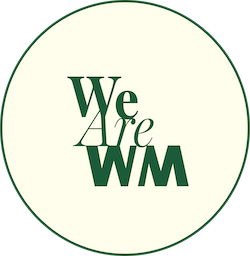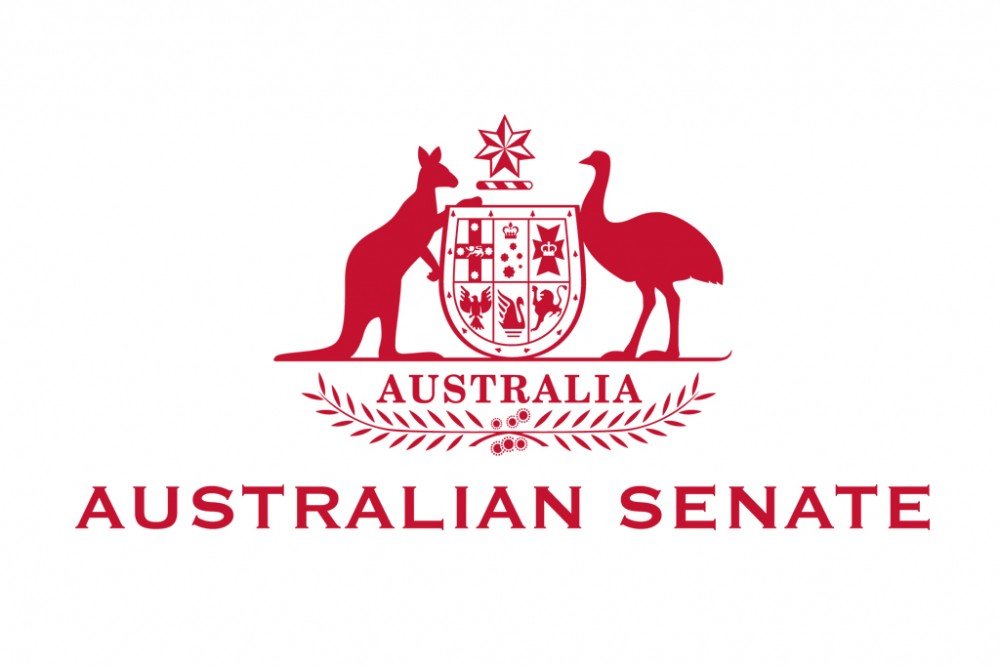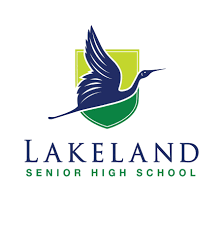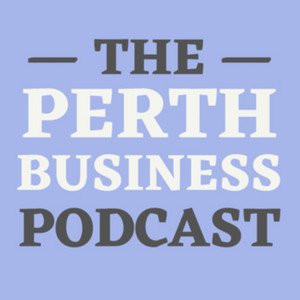
Why Us?
-

Curriculum Requirements
Our programs cater to 5 educational goals of the Western Australian Schools SCSA curriculum:
•Being Healthy, Safe and Active by teaching students about their personal identities and emotions
•Communicating and Interacting for Health and well-being by teaching students how to change and cope with circumstances that are negatively affecting them
•Contributing to Healthy and Active Communities by teaching students to critically analyse contextual factors that influence their health and wellbeing
•Strategies are examined, such as communicating choices, seeking, giving, and denying consent, and expressing opinions and needs that can support the development of respectful relationships, including sexual relationships
•Strategies to communicate assertively when seeking, giving, or denying consent are explained and applied
-
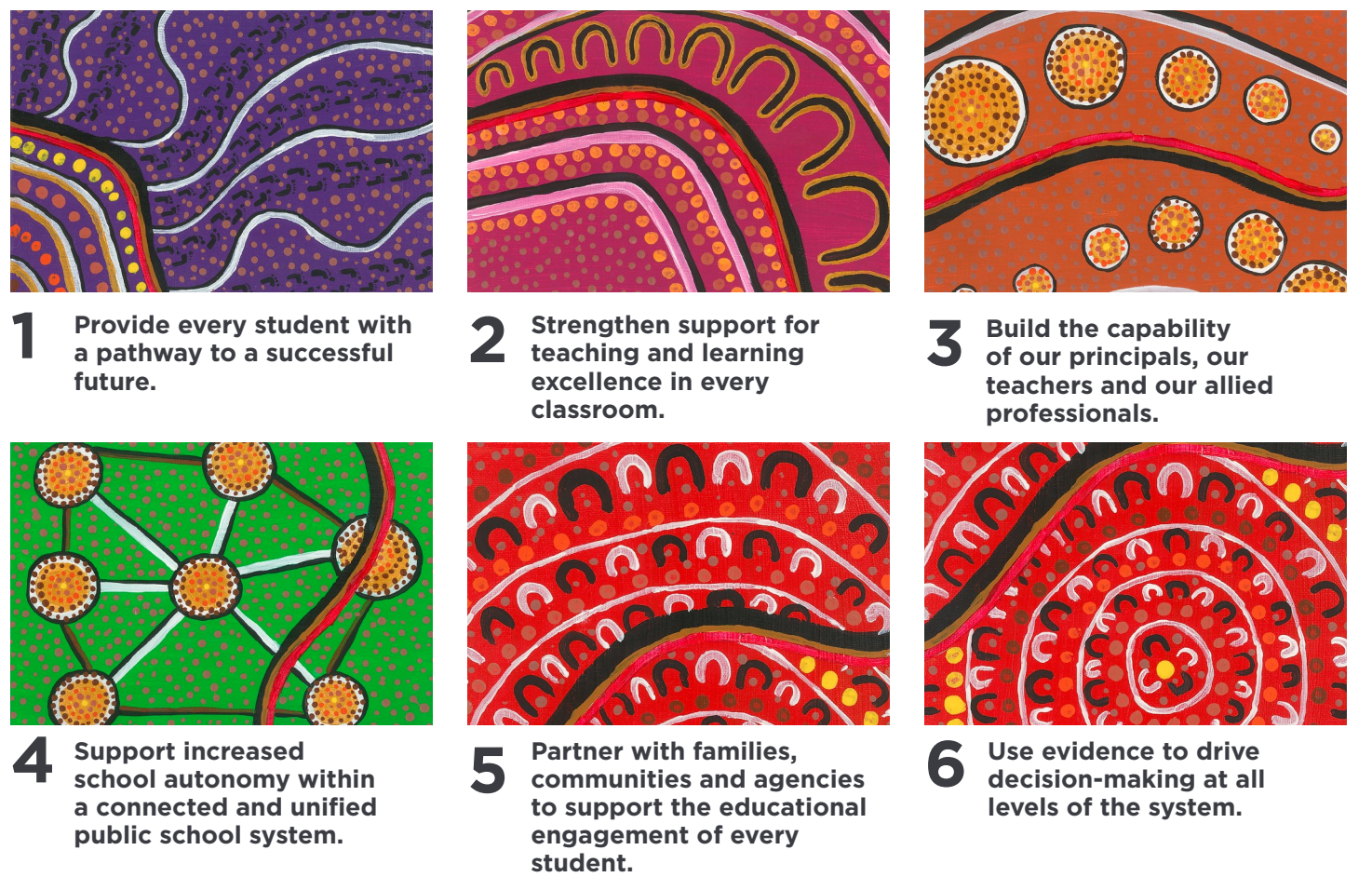
Strategic Directions for Public Schools 2020 - 2024
Our programs align with the 2020 - 2024 strategic directions for public schools:
Aspirations
Develop the personal and social attributes that form the basis for future wellbeing
Be well prepared to take the step beyond school into further education, training or work
Improvement Drivers
Provide every student with a pathway to a successful future.
Partner with families, communities, and agencies to support the educational engagement of every student.
Use evidence to drive decision-making at all levels of the system.
Success
Enhance student health and wellbeing
Ensure students gain the skills, qualifications and knowledge needed to experience success
We pride ourself on collaborating with public, independent, and Catholic schools.
We strive for whole-school initiatives, community of practice, and ongoing support for schools.
-

Health Promoting Schools Framework
Our programs align with the Health Promoting Schools Framework as advocated by Growing and Developing Healthy Relationships (GDHR):
•Promotes the health and well-being of students, school staff, families, and community members
•Provides a safe and supportive environment
•Involves student participation and empowerment
•Collaborates with parents and the local community and helps them understand how the community can contribute to (or undermine) positive health education.
•Engages with health and education officials, health providers, teachers, parents and community to strive to improve health outcomes
•Encourage input of students, parents and teachers into relationship and sexual health education
•Organise relationship/sexual health education courses for parents
-

FOCUS2025
Our programs align with the FOCUS2025 commitments:
•Provide every student with a pathway to a successful future
•Partner with families, communities, and agencies to support the engagement of every student
•Use evidence to drive decision-making at all levels of the system
-
Evidenced-based and Trauma-informed
Our programs are trauma-informed and evidence-based. We create a safe space where people feel comfortable sharing stories, asking typically taboo questions and destigmatising typically “taboo” topics.
Our programs have been developed by highly experienced Health Promotion Practitioners and Education professionals using the most up-to-date research. They are constantly evaluated to ensure we are providing students with the most current information.
All programs are delivered by a team of young professionals with both the qualifications and lived experience needed to deliver such content.
• Students report that they favour health peer educators (i.e., trained young people, 68%) and health educators sourced from outside school staff (68%) to complement sex education programs in their schools (Giordana & Ross, 2012).
• It is known that abstaining from sexual intercourse is 100% effective in preventing STIs and pregnancy; in saying that research has conclusively demonstrated that programs promoting strictly abstinence are highly ineffective (Breuner and Mattson, 2016).
-

Evaluation
We Are W/M conducts pre and post-evaluations on all program delivery. Each school is provided with an evaluation report after the delivery of the program.
Our statistics show:
•100% of teachers responded ‘YES’ to us returning in 2023.
•99% of students responded ‘YES’ to us returning in 2023.
•98% of students responded ‘YES’ to wanting to participate in additional programs.
•99% of students left our programs with a greater understanding of the topics at the completion of the program.
•48% of students reached out with follow-up questions via our social media accounts.
-

Unaddressed Learning Interests
The Let’s Talk About Sex: National Youth Survey (2012) found that students said learning at school focused too much on biological aspects like bodies, bugs, and babies. Many students asked for more information on diversity, relationships, intimacy, sexual pleasure, and love.
• Statistics show more young people are sexually active, there are increased interactions of unwanted sex, and alcohol is playing a prominent role in the behaviour of young people.
• The most recent Australian survey of secondary school students highlighted that more than one-quarter (28.4 per cent) of sexually active students reported an unwanted sexual experience. Their most common reasons for this unwanted sex were due to pressure from a partner, being intoxicated or feeling frightened.
• It is important to teach young people that there is a wide range of “normal” when it comes to relationships such as while some relationships involve sexual intimacy, others will not. It is essential to promote healthy relationships by not only teaching them about respect for themselves but also a mutual respect for others.
-
Societal/ Community Impact
Our programs work to create educated and empowered people that can equally contribute to society.
By educating young people, we actively contribute to:
The Western Australian Family and Domestic Violence Strategy by promoting awareness and prevention.
The Family Violence Protection Act 2008 through fostering understanding and respect in relationships.
The WA Police Domestic Violence Policy by encouraging early intervention and reporting.
The Department of Communities’ support services by preparing future generations to seek help and support.
The Domestic Violence Prevention Strategy by engaging youth in prevention efforts and community involvement.
The Family and Domestic Violence High Risk Team (FaDHRT) by helping young people recognise and address high-risk situations.
-

Parental Perspective
Key findings from Western Australia (WA) show that 93% of parents support schools to deliver relationships and sexuality education within schools (findings from the National Survey of Australian Parents).
-

Bespoke
Our programs are bespoke and we can tailor them to suit your young people’s needs.
We ensure strategies for culturally and linguistically diverse (CaLD) communities, as well as resources for LGBTIQ+ youth and Aboriginal and Torres Strait Islander communities.
Our programs are designed to be accessible to everyone, supported by equity frameworks and inclusion standards.
-

Age-appropriate
We recognise that different age groups have distinct needs. That's why our programs are tailored specifically for each age group, from Year 5 to Year 12. Additionally, we extend our approach to workplaces and community groups, ensuring that our educational content is relevant and impactful for everyone.
-

Mandatory Reporting Trained
All staff are mandatory reporting trained.
TESTIMONIALS
“It was so lovely to have two incredible presenters deliver some very important safety messages to our Year 9 and 10 girls around the topics of ‘online safety’ and issues around ‘consent’.
Our audiences were captivated by the messages and information shared and left feeling more empowered and in control. The Students felt both Nicolette and Kate were open, accepting and provided a safe and comfortable atmosphere in the room.” — School Health Nurse
“I just wanted to say a big THANK YOU from the RYC staff and the girls in She/Her.
I have heard nothing but positive words from our girls about you lot. We really appreciate you coming down and educating our group.
I honestly wish something like this was around when I was growing up, all the misinformation and stigma around the human body and mental health. Two super important topics you guys covered in such a light-hearted and engaging way.
I am a facilitator myself and know how hard it is to keep a group of teens engaged for that long. Especially a group of girls you don’t know.
I was nothing but impressed and am SO EXCITED to have you back next term. And I cannot wait to work with you again soon.” — Social Worker
“Thank you so much Kate and Nicolette for the talk at ** for year 9 girls today! Its really amazing to finally see some kind of program being brought into schools to educate kids about just how to be generally good people and how to navigate the world and relationships as we get older. ** has had quite a bit of issues regarding the whole area of consent, sexism, homophobia and racism, mostly coming from a lot of uneducated boys across year groups so it’s really comforting to know that us girls aren’t alone in the fight. Everything you said was really inspiring and important and just an overall thank you from me and so many others, what you guys are doing is making a real difference and is starting conversations between people which desperately needs to happen :)” —
Year 9 Student
